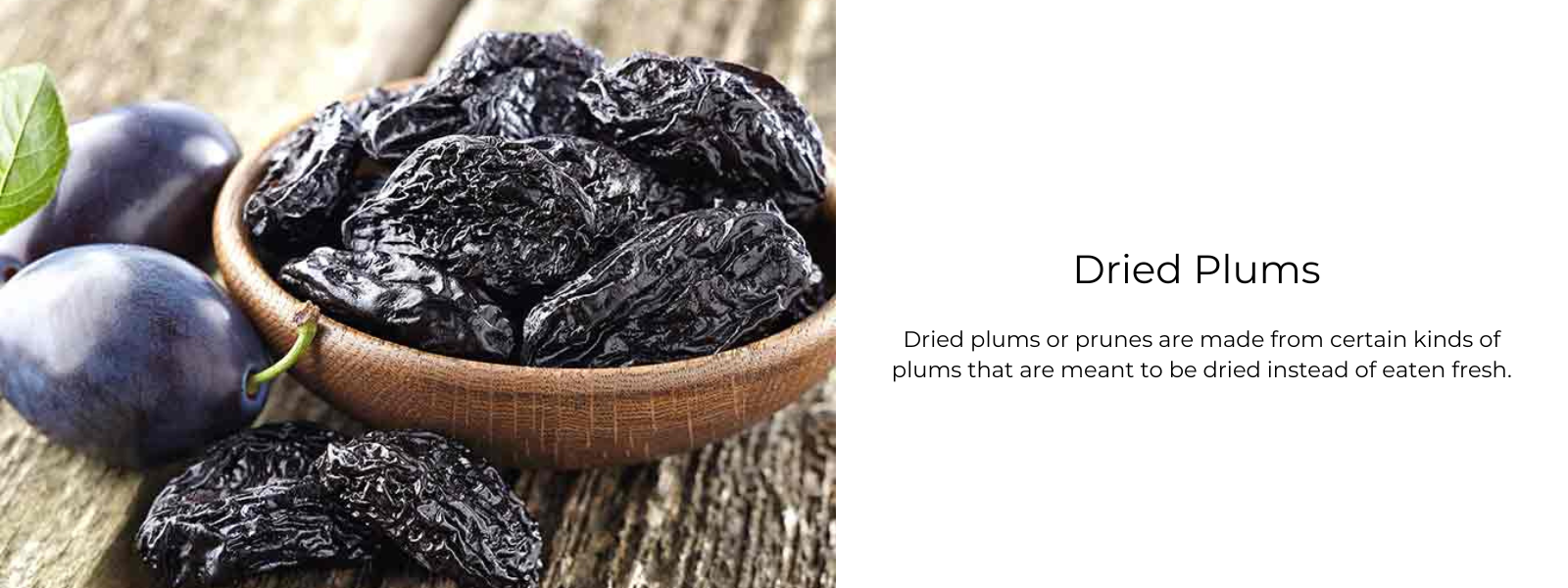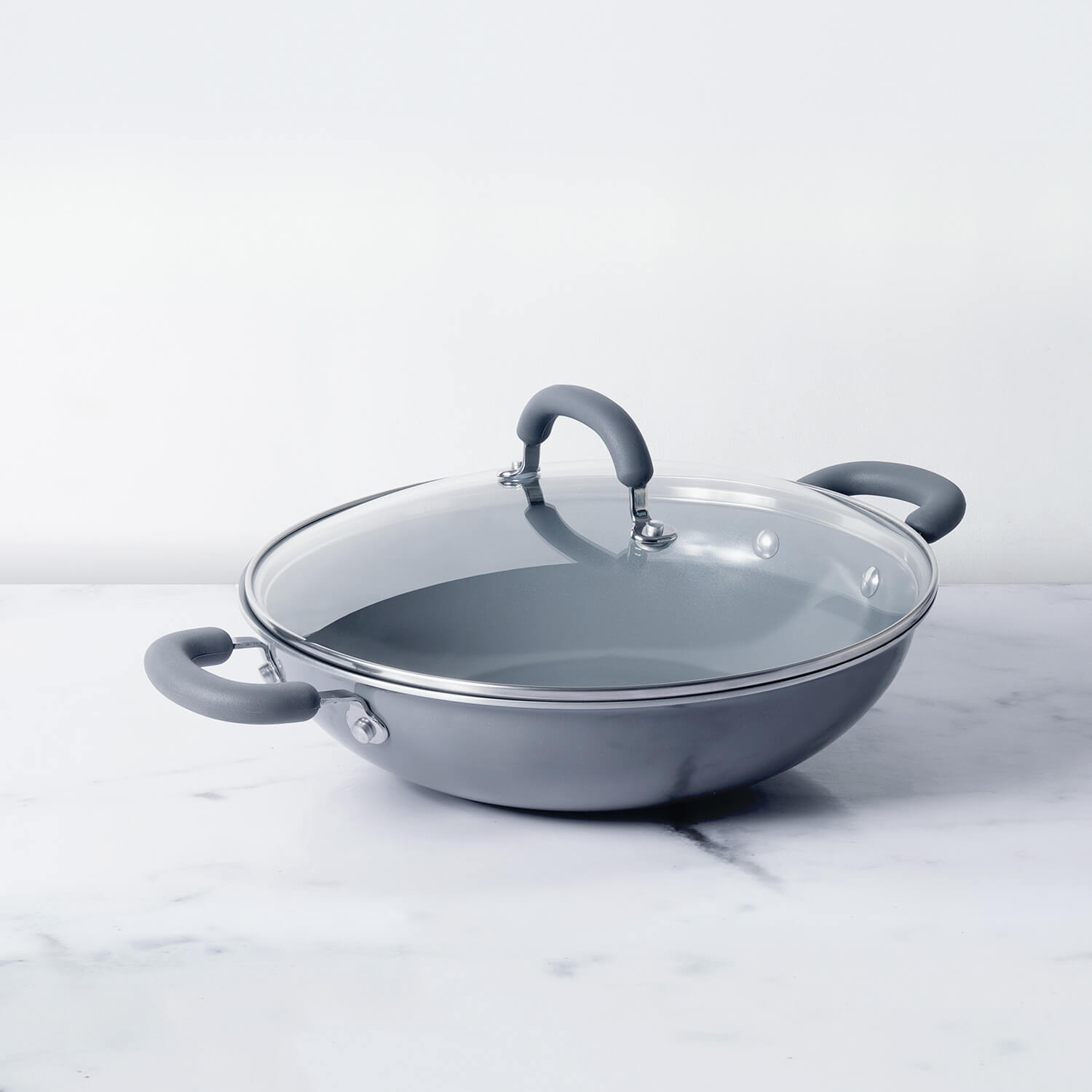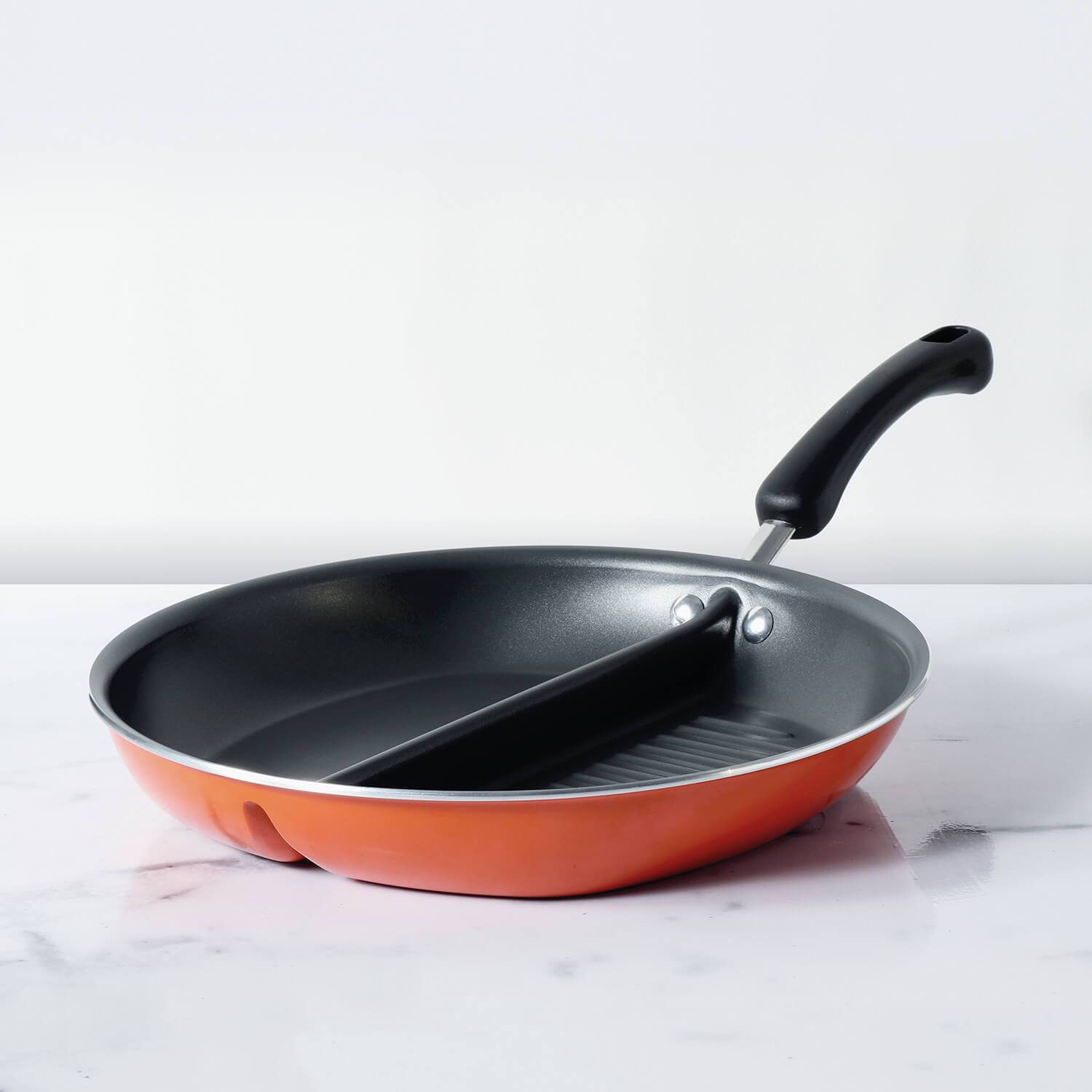Dates are often regarded as "nature's candy". With just one bite of this delicious fruit, your taste buds will be transported to a world where everything tastes sweet and rich, like caramel. Because they are light, soft, and chewy, they are a great addition to both sweet and savoury dishes. Even though it might seem like you're eating a lot of sugar when you bite into these sweet treats, dates are very nutrient-dense and may have a number of health benefits.
Table of Contents
What are dates?
Dates are the fruits that come from the date palm tree's yellow flowers. Date palm trees are native to the subtropical and tropical parts of the Middle East and North Africa. Dates have wrinkly skin, fibrous seeds on the inside, and an oblong shape. Dates are often thought to be dried fruits. But they are actually whole, fresh fruits that lose up to 70% of the moisture when they ripen on the tree. As the juicy date loses moisture, its sugar and nutrients become more concentrated.
Etymology:
The word "date" comes from the Greek word "daktylos," which means "finger." Dates are thought to look like fingertips, so the word "date" comes from this word.
Origin of dates:
Dates are one of the oldest crops that people grew, dating back to 5500 to 3000 B.C. Dates may have started in Mesopotamia and Egypt and then spread to Iran, India, Libya, and North Africa, according to archaeological evidence. After a while, this unusual fruit was brought to Europe and the United States.
Types of dates:
Dates come in more than 3,000 different kinds. Depending on how ripe they are, they can be yellow, brown, red, or black. Even though there are many different kinds of dates, Medjool, Ajwa, Khalas, and Deglet Noor are the most common ones. But you might find Medjool and Deglet Noor in your local grocery store.
Health benefits of dates:
- Dates have essential nutrients
Dates have natural sugar and a number of minerals and vitamins, like vitamin B, potassium, iron, and magnesium. Antioxidants and fibre keep us from getting sick in many ways.
- Dates Are Rich in Fiber Content
Dates are one of the best ways to increase your fibre intake and meet your need for it. Dates have fibre, which is known to control blood sugar levels by making digestion take longer.
This process stops the levels from going up right after you eat. Dates have a low glycemic index because of this.
- Dates keep diseases away
With the help of antioxidants, dates fight off agents that cause disease. Antioxidants protect the body from free radicals, which are molecules of reactive oxygen species that can cause dangerous reactions in the body.
These three things are the most important antioxidants:
Flavonoids: Their main job is to reduce inflammation, which makes diseases like Alzheimer's, diabetes, and some types of cancer less likely.
Carotenoids: They work to lower the risk of getting macular degeneration or other eye problems.
They also have anti-inflammatory properties because they have phenolic acid. They work to make heart diseases and cancer less likely to happen.
- Dates help during pregnancy
Dates can help a woman have a healthy pregnancy by giving her more calories and by making her cervix open up in the last few weeks, which makes labour happen on its own. It cuts down on the need for inducing labour and can shorten the length of labour.
Some doctors think that the chemicals in dates bind to the hormone oxytocin, which is known to make contractions in labour happen. It seems to do the same things that oxytocin does during childbirth.
Dates have tannins, which help the contractions that happen during labour. They also help keep your energy up during labour because they have natural sugar and calories.
- Dates are good for brain
Dates can help the brain work better by lowering the activity of amyloid beta proteins. These proteins can cause plaques to form in our brains. When plaques build up, they kill brain cells, which can lead to Alzheimer's disease or even death.
If you eat dates, you are more likely to have a good memory and be able to learn new things. It makes anxiety disorders less likely to happen.
- Dates Sweetens things naturally
Dates have a lot of fructose, which is also called "fruit sugar." They can be used instead of white sugar and are better for you. In addition to being sweet, they are healthy, high in fibre, and have a lot of antioxidants.
You can make dates puree and keep it in the fridge. You can also use it instead of white sugar, but remember that moderation is the key to a healthy life.
- Dates Regulates Cholesterol Levels
Dates have a lot of soluble fibre, which can help lower LDL cholesterol, which is a big cause of heart problems. Also, the potassium in dates makes them less likely to cause a stroke or other heart problems.
- Dates are good for bones
Dates are full of vitamins that help your bones and eyes stay healthy. Minerals like copper (Cu), manganese (Mn) and magnesium (Mg) help keep our bones healthy by protecting them from osteoporosis and other bone-related diseases.
Best way to store dates:
Dates should be kept in the fridge in an airtight container so they don't dry out. They can be kept in the fridge for up to 6 months, but they may dry out the longer they sit there. Dates may additionally be frozen in large amounts for up to a year.
Best variety of dates:
The many different kinds of dates can be put into three groups based on how they ripen on the tree: fresh and soft, semi-dry, and dry. All of them taste different and are good for you in different ways. So, you can change the date you get home to get more benefits. Medjool, Ajwa, Kimia, Deglet Noor, Dayri, Barhi, Khadrawy, Thoory, Halawy, and Zahidi are some well-known types.
FAQs on Dates:
Q: How many dates can be consumed in a day?
Ans: Dates are full of fibre and healthy fats that help you lose weight. So, it is safe to eat 3–4 dates per day.
Q: Can diabetics eat dates?
Ans:Yes. Due to their low glycemic index and high fibre content, diabetics can eat two to three dates a day as long as they exercise and eat healthy foods in general.
Q: What kind of date is the best?
Ans: The many different kinds of dates can be put into three groups based on how they ripen on the tree: fresh-soft, semi-dry, and dry. All of them taste different and are good for you in different ways. So, you can change the date you get home to get more benefits. Medjool, Ajwa, Kimia, Dayri, Barhi, Deglet Noor, Halawy, Khadrawy, Thoory, and Zahidi are some well-known types.
Ques: Is eating dates every day safe?
Ans:. Yes, you can snack on dates every day or put them in smoothies or salads. But watch how many dates you eat because they have a lot of calories.
Ques: Do dates lead to weight gain?
Ans: Dates have a lot of calories, so eating too many of them can cause you to put on weight.
Ques: Which dates are the best for you?
Ans: Medjool Dates are known to be one of the better quality and more nutritious kinds of dates.











Leave a comment